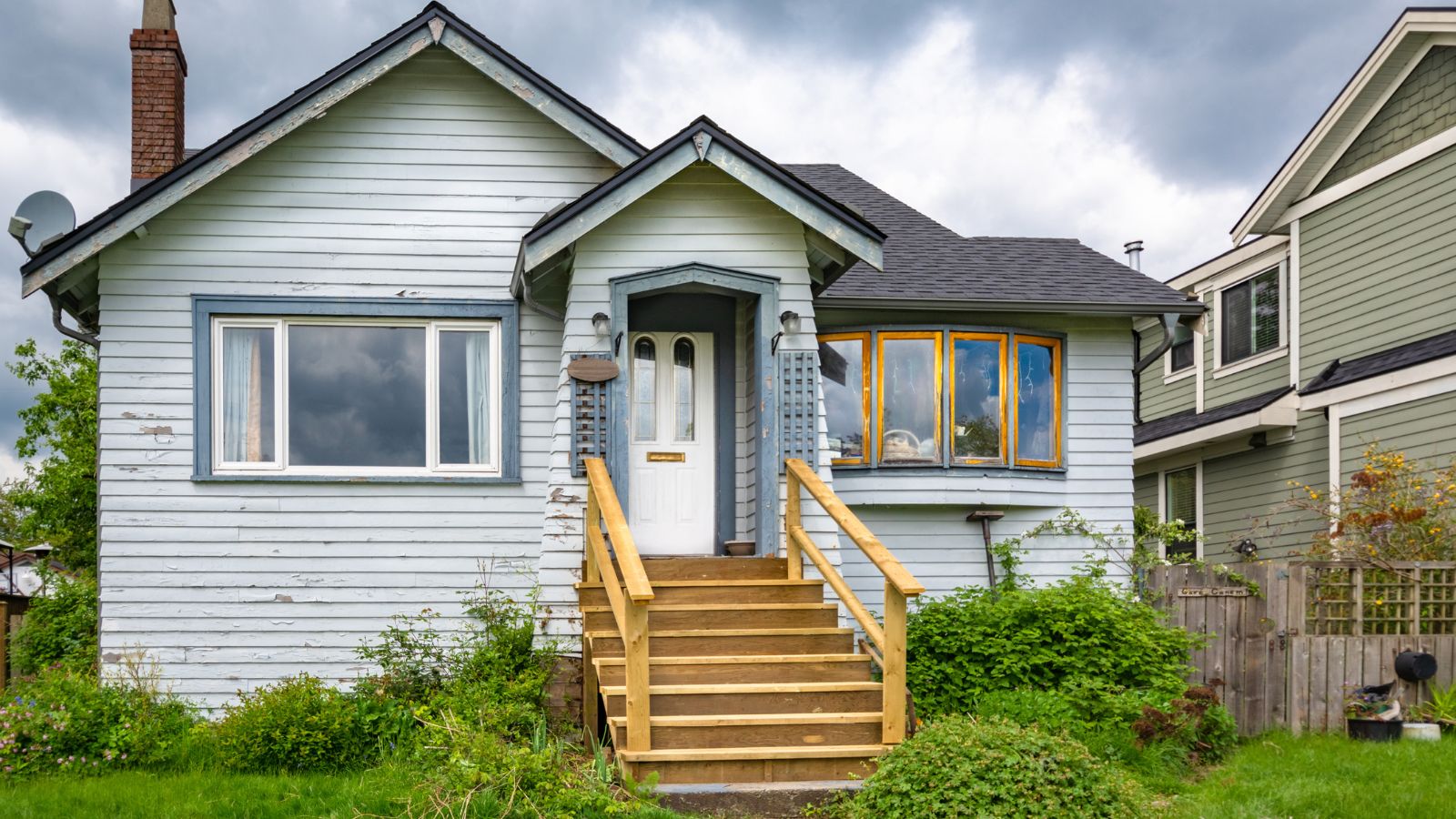Homeowners associations (HOAs) often claim they’ll make community living better, but that’s not always the case. They can miss the mark for many reasons, like mishandling money or overly strict rules. Here are 18 reasons why HOAs might not be the best way to manage a community.
Lack of Transparency

Many HOAs make decisions behind closed doors without letting residents in on what’s happening. As Pay HOA explains, when things aren’t clear, homeowners aren’t happy with their living situation. People want to know how their fees are being used and why they are expected to follow some rules, but HOAs usually don’t provide that clarity.
Inconsistent Rule Enforcement

Rules in HOAs can be all over the place. Some folks get fined for minor stuff, while others get away with major violations. This hit-or-miss enforcement can leave people feeling frustrated and thinking it’s unfair, which doesn’t do any favors for the HOA’s authority or effectiveness.
Financial Mismanagement

HOAs deal with a lot of money from homeowner fees, but mismanagement happens way too often. You often see poor budgeting and not enough financial oversight, which leads to financial instability. Homeowners want their money used wisely, but it’s frustrating to see it wasted on unnecessary or poorly planned projects.
Excessive Power

Another major issue is the amount of control HOAs can have over our lives. They tell you what color to paint your house and even what plants you can have in your garden. It can feel like they’re just stifling your personal expression, making you feel like you don’t have any say over your own property.
Poor Communication

It’s important that all organizations communicate well, but some HOAs seem to struggle with it. Important announcements and decisions sometimes aren’t communicated clearly or promptly, leaving homeowners in the dark. This can cause misunderstandings and make residents feel left out.
High Fees with Little Return

Many homeowners feel like the fees they pay to the HOA don’t really give them much in return when it comes to services and community benefits. High fees with little to show for it can lead to resentment and make people question whether the HOA is even necessary.
Legal Conflicts

HOAs often find themselves in legal battles, whether with residents or outside parties. These conflicts can be expensive and time-consuming, eating up resources that could be used to improve the community. Plus, legal issues can create a tense atmosphere, making the neighborhood less enjoyable for everyone.
Limited Accountability

Some homeowners complain that HOA boards can be a real headache sometimes. Once they’re in, board members might make decisions that suit them instead of the community. Without good checks and balances, homeowners often feel stuck and powerless to challenge or change what their HOA board does.
Restrictive Covenants

It’s well known that HOA rules can be pretty strict, sometimes too much so. They can really limit what you can do with your own property, which can be super frustrating. Plus, these restrictive rules might turn off potential buyers, which isn’t great for property values either.
Conflict with Residents

HOA boards often clash with residents over rules and regulations. These disagreements can escalate, causing a hostile and divided community. When an HOA is viewed as an adversary rather than an ally, it can’t do its job effectively.
Poor Community Engagement

Another well-known issue is how many HOAs have a hard time getting the community involved. At meetings, there is barely any attendance, and hardly anyone volunteers. Without residents actively participating, HOAs just can’t do their job right. This lack of engagement can leave the community feeling disconnected and out of sync.
Ineffective Maintenance

HOAs are supposed to take care of common areas, but they often drop the ball. When facilities aren’t maintained well, it can really hurt the neighborhood’s look and feel. Homeowners want a well-kept community, but lousy maintenance can leave everyone feeling frustrated.
Resistance to Change

Unfortunately, HOAs can be pretty resistant to change, sticking to old rules and ways of doing things. This can stop new ideas and keep the community from improving. Homeowners who want to update things might have trouble with a stubborn HOA.
Lack of Professional Expertise

Many HOA boards struggle to manage a community effectively because they lack professional expertise. Board members are usually volunteers who might not have skills in finance, law, or property management. This can lead to poor decision-making and ineffective governance.
Unclear Boundaries

The boundaries of an HOA’s authority are often unclear, leading to disputes over what the HOA can and cannot control. This ambiguity can cause friction between the HOA and residents, as well as between the HOA and local government entities.
Short-Term Focus

Some HOAs get caught up in short-term issues instead of looking at the bigger picture. This can lead to decisions that aren’t great for the community’s future. The key to managing effectively is to balance short-term concerns with long-term planning for sustainability.
Personal Agendas

The board members sometimes follow their own personal agendas instead of focusing on what’s best for the community. This can lead to biased decisions and neglecting the needs of the broader community. When personal interests come first, the effectiveness of the HOA takes a hit.
Inefficient Conflict Resolution

HOAs often struggle with resolving conflicts effectively. When disputes arise between residents or with the board, things can escalate without proper mediation. This can lead to lasting grudges and disrupt community harmony.
Up Next: 17 Things Most People Forget After Someone Dies

When a person dies, it’s easy for their partner or family members to overlook things while they process shock and grief. Despite the pain of losing a loved family member, it’s important to remember to organize these 17 things to prevent problems later on.
17 Things Most People Forget After Someone Dies
17 Phrases Confident People Use to Stand Up For Themselves

Confidence is a healthy and attractive trait that helps us stand firm in our values and set healthy boundaries. We can always become more confident, and learning the right ways to stand up for yourself is a great way to start. Here are 17 phrases you can use to do so.
17 Phrases Confident People Use to Stand Up For Themselves
20 Signs Someone Is Only Pretending to Care

Whether it’s to avoid hurting your feelings or if it’s part of a more elaborate plan to deceive you for benefits, people pretend for many reasons. The main theme with them, though, is that their actions never match the sugar-coated words that come out of their mouths. So that you don’t fall for someone like this, we’ve compiled 20 signs for you to look out for.

